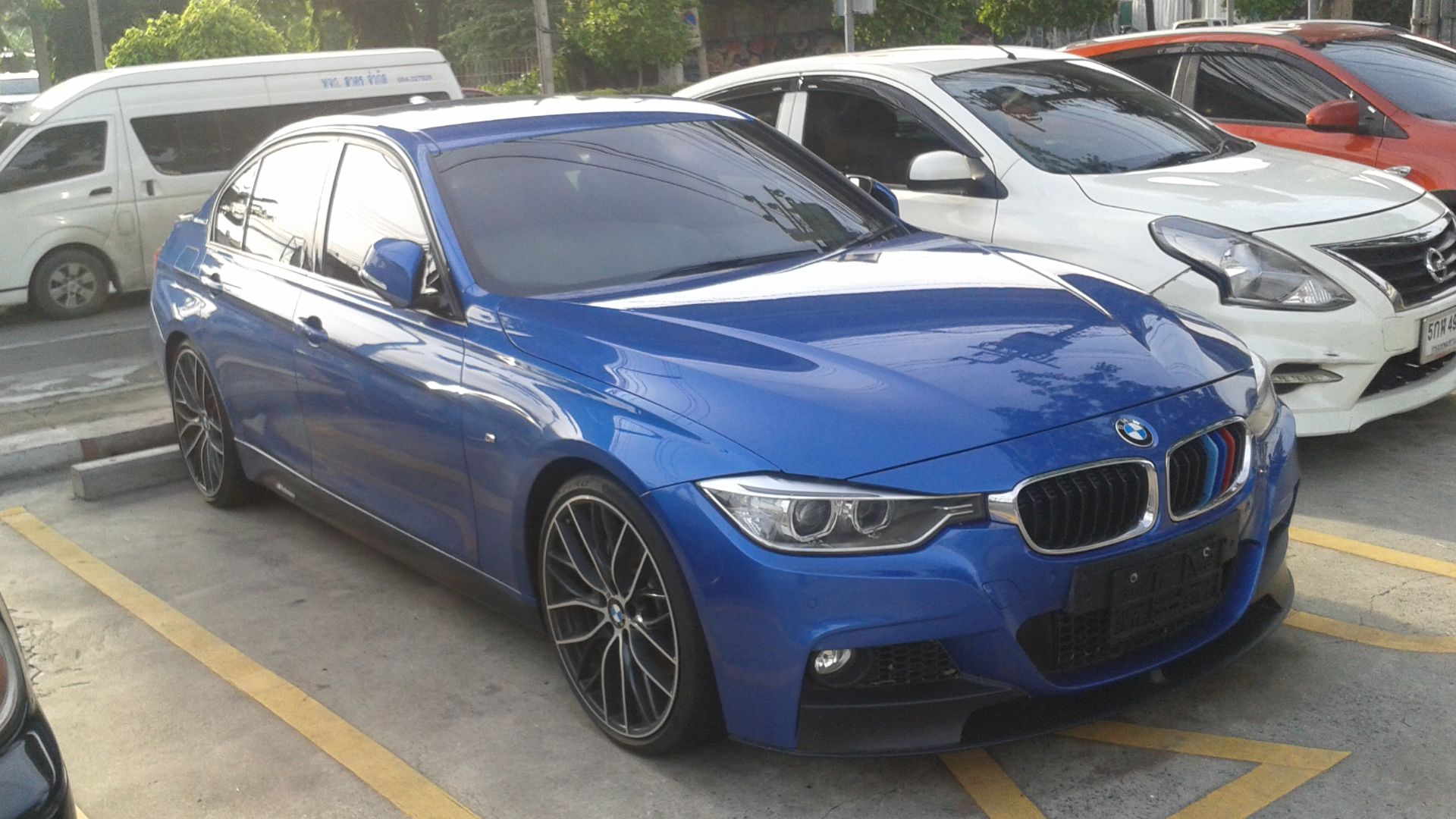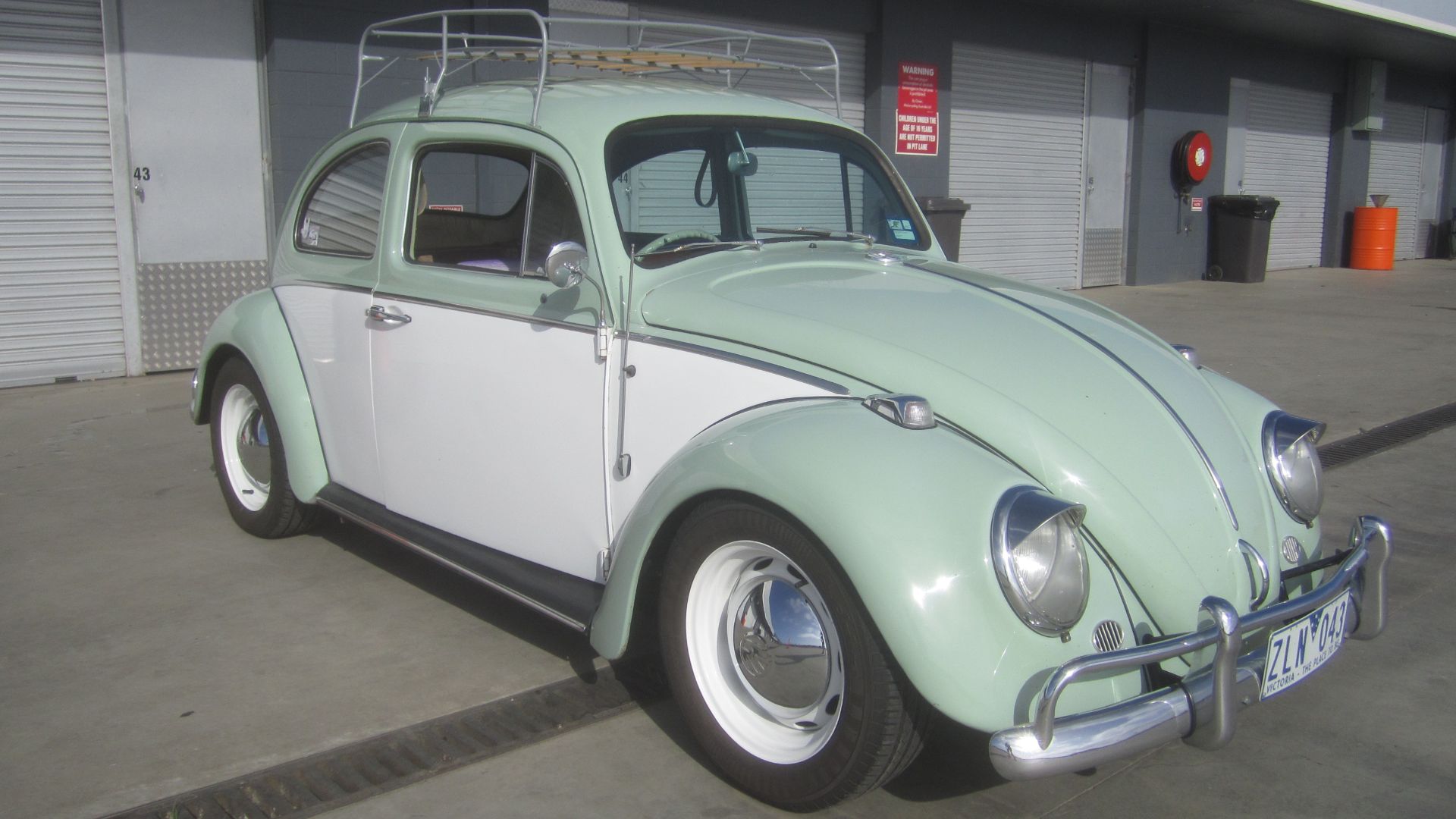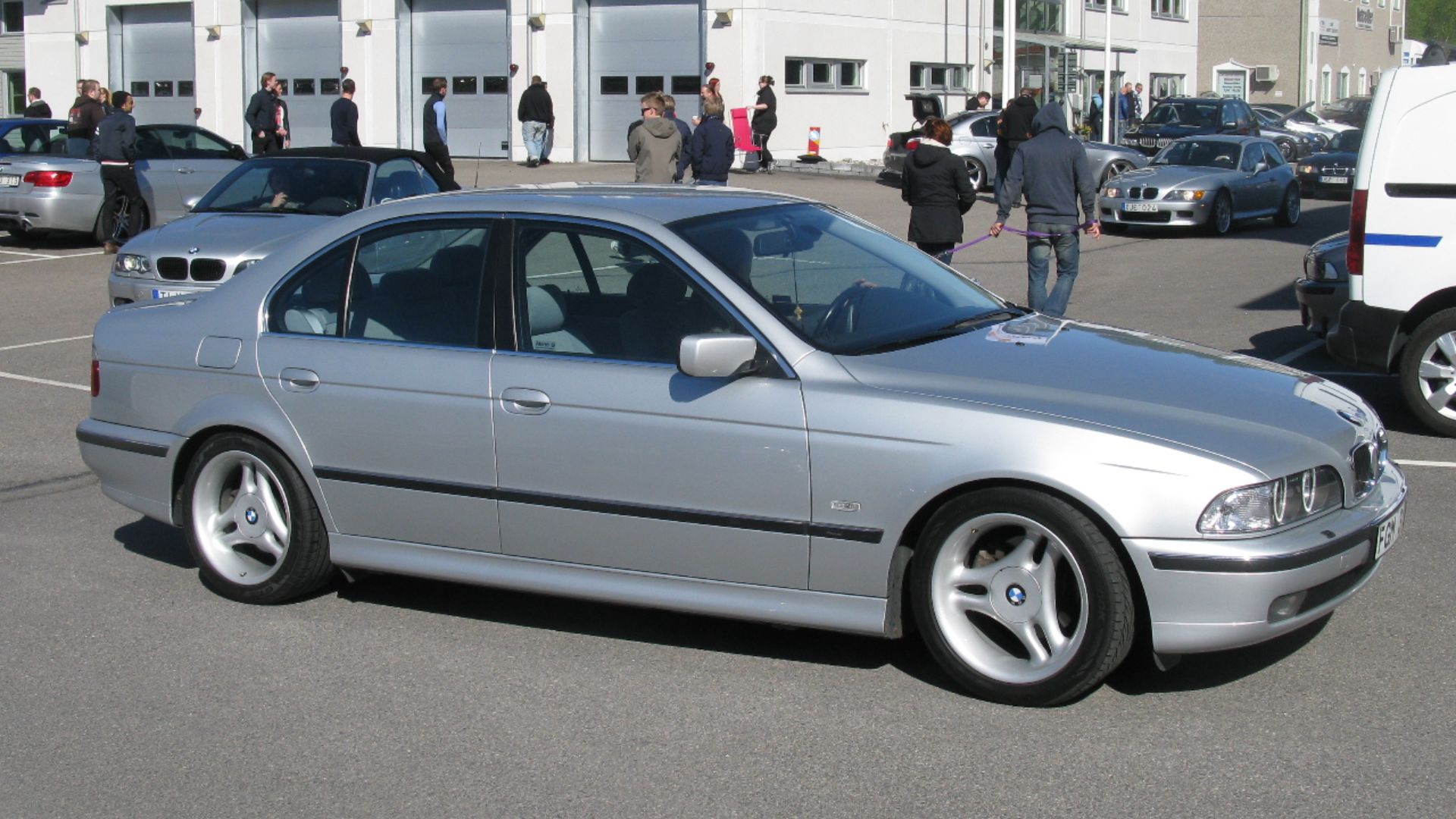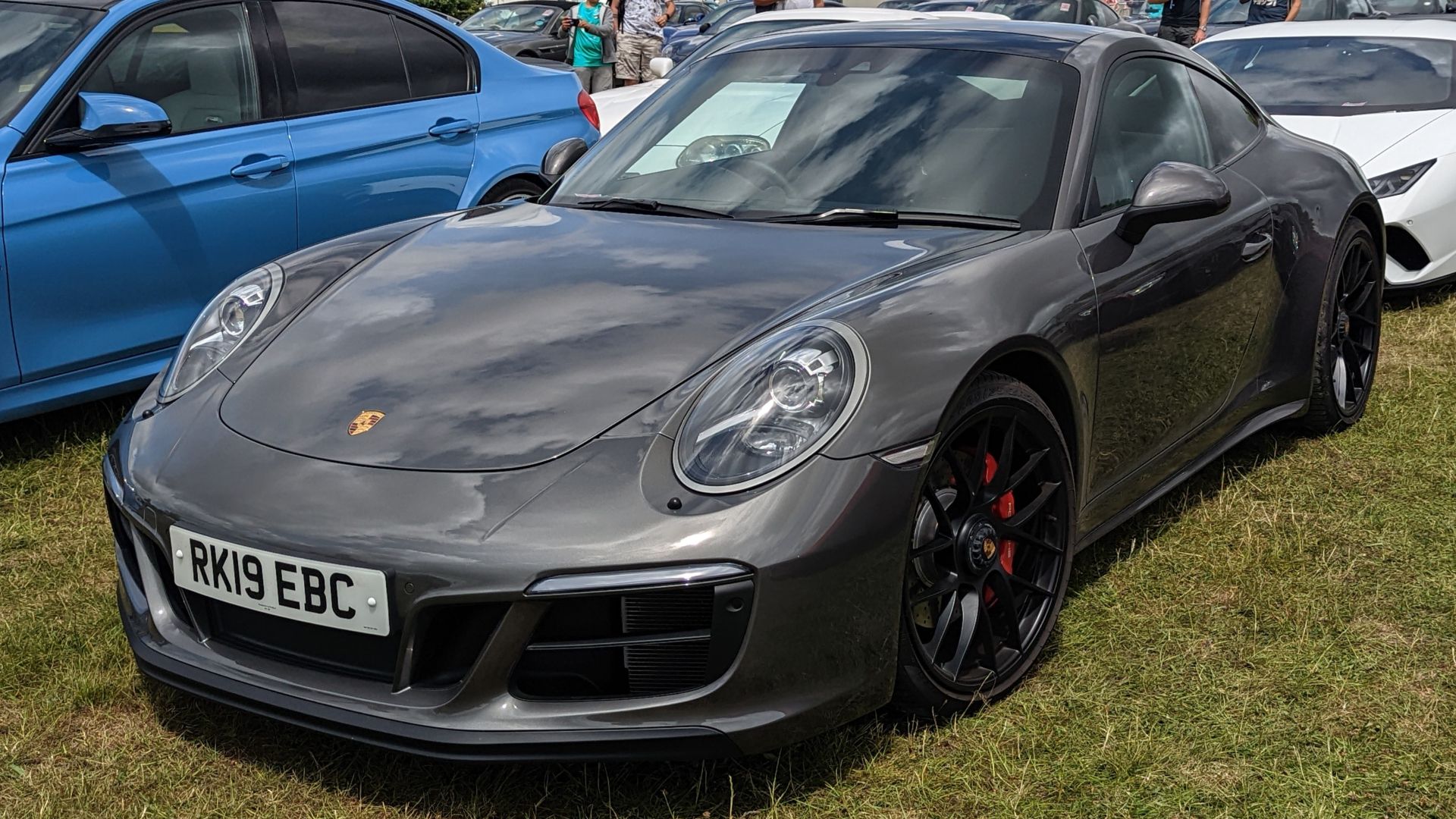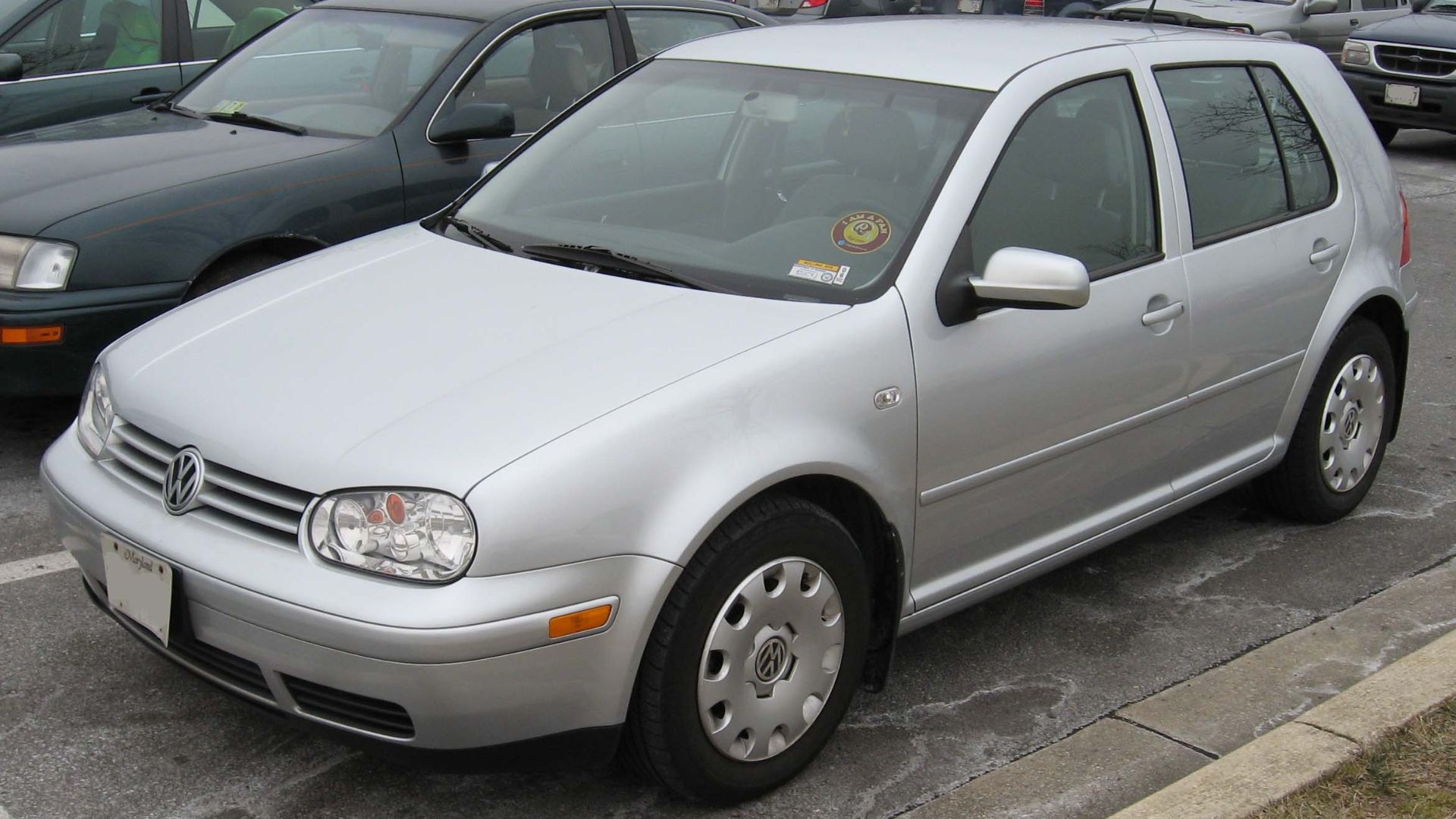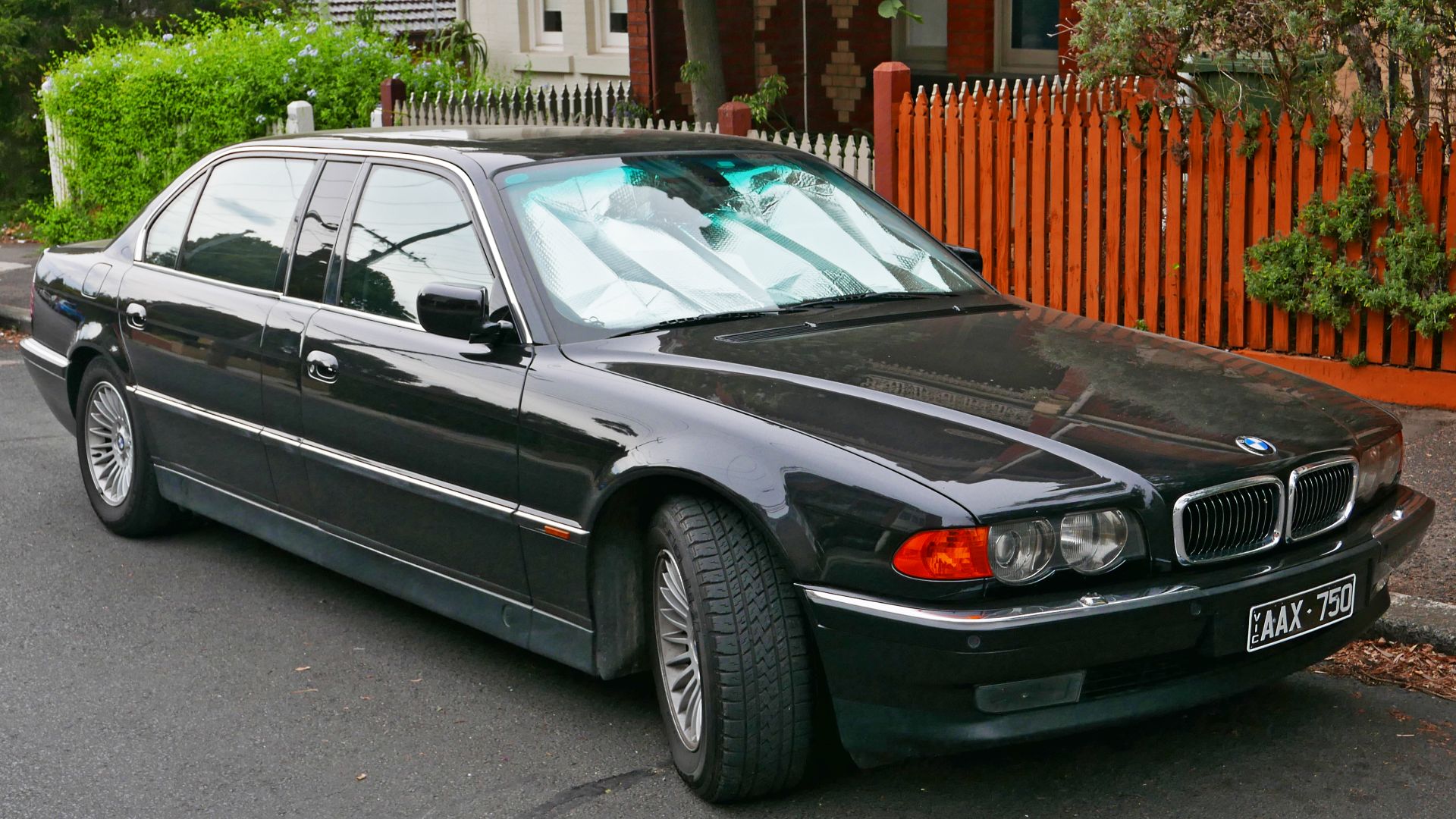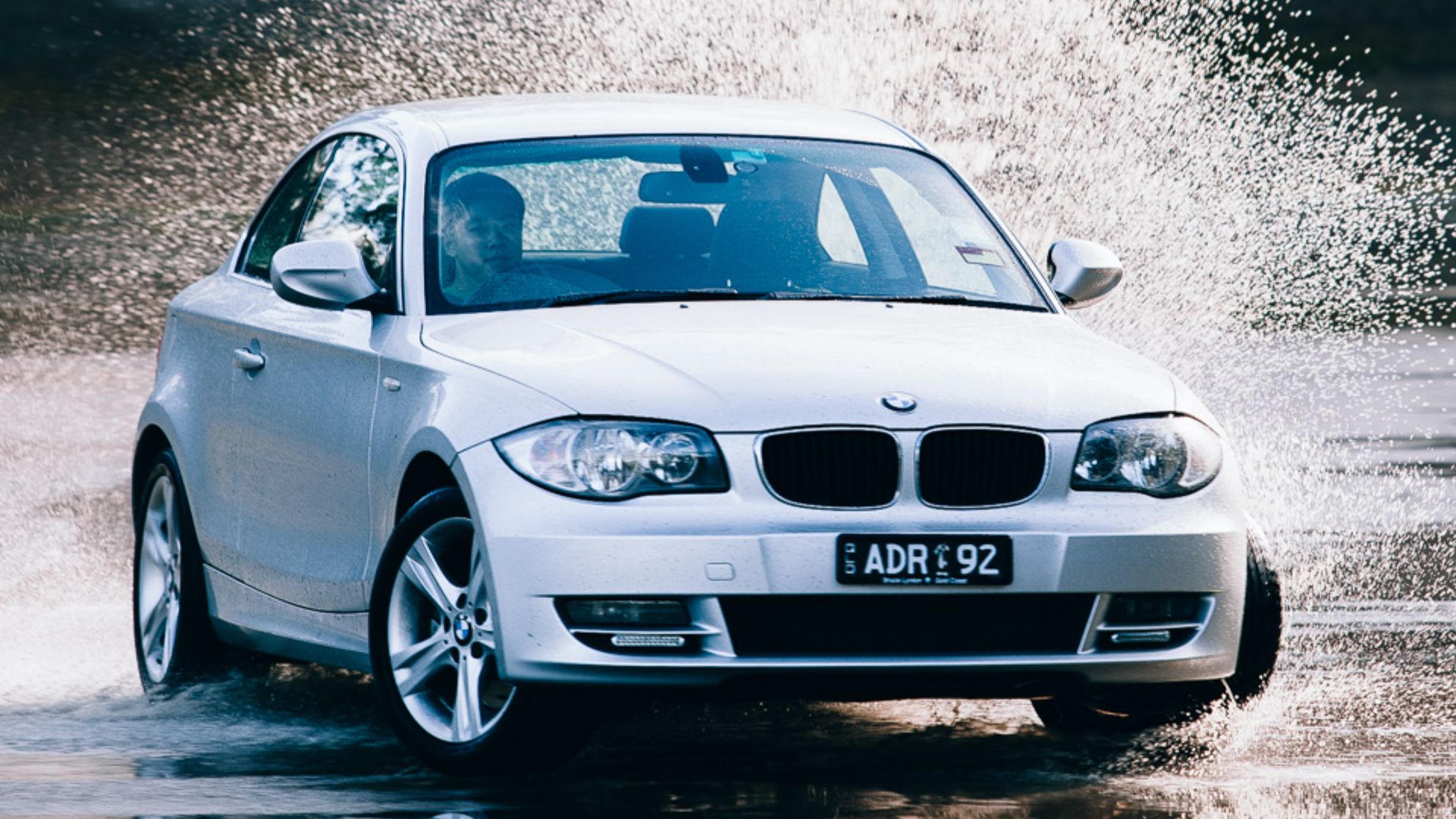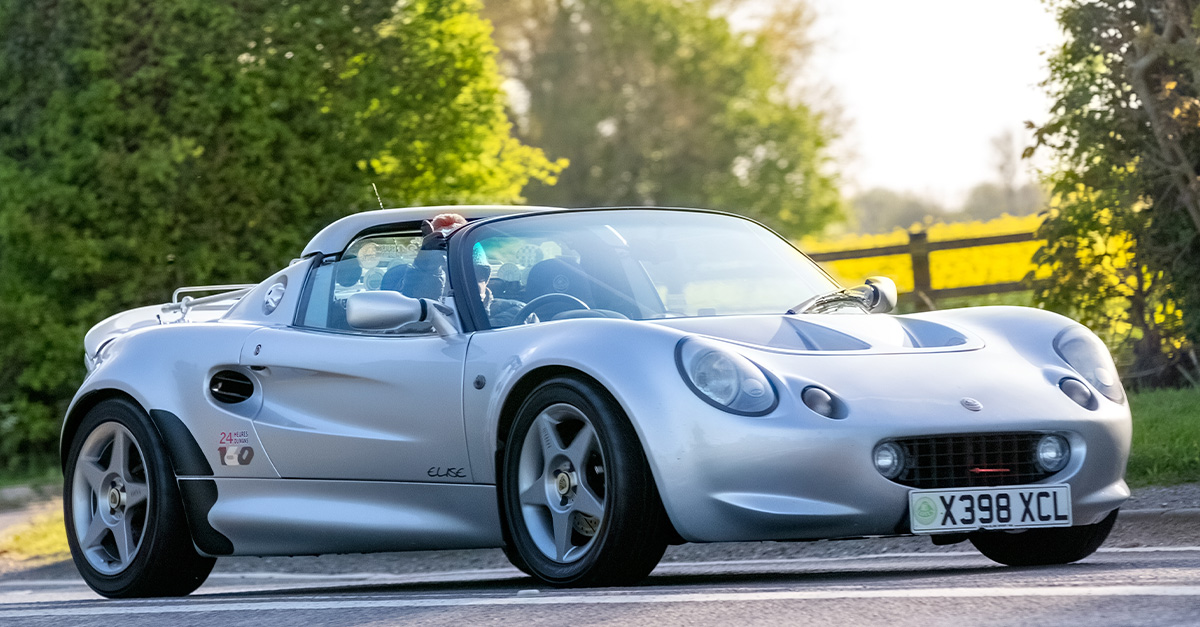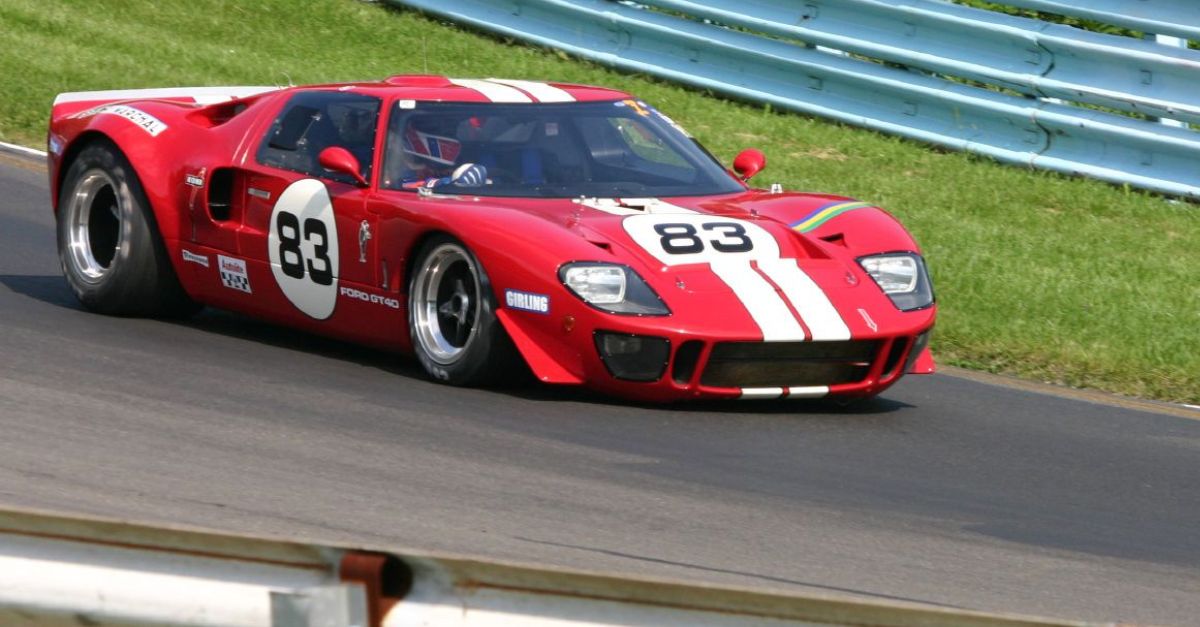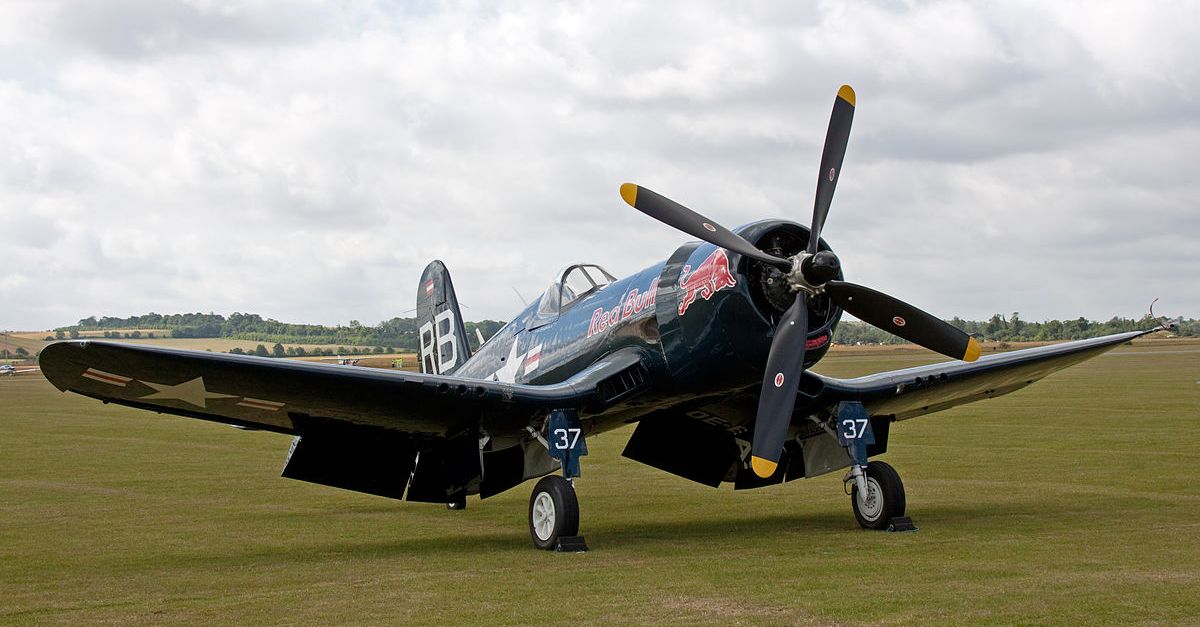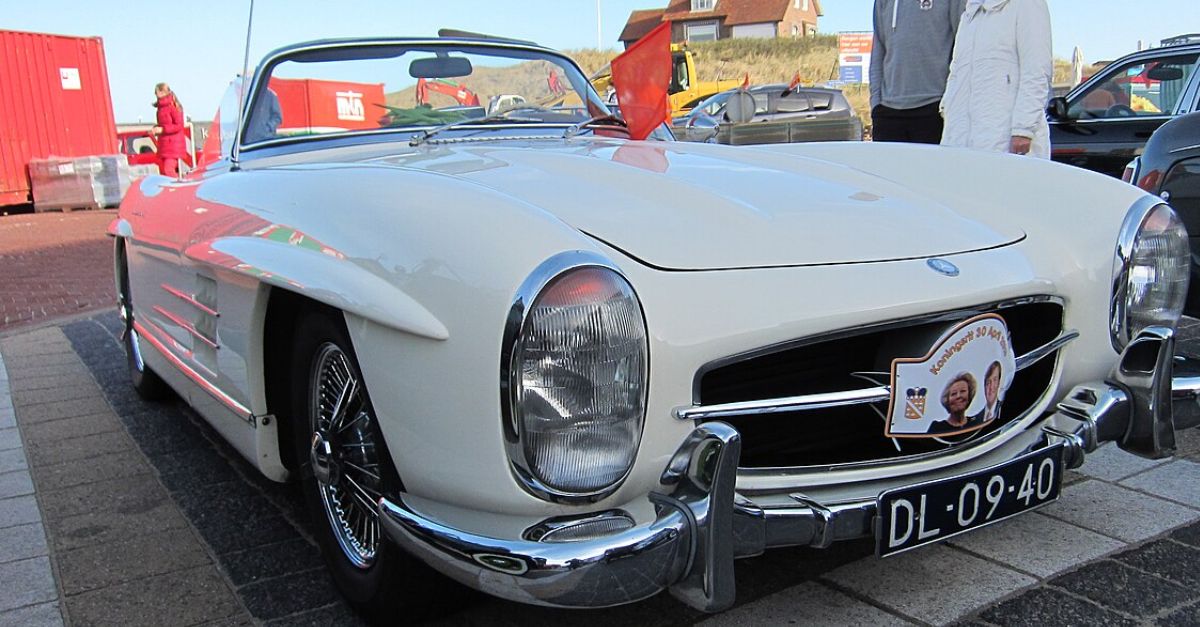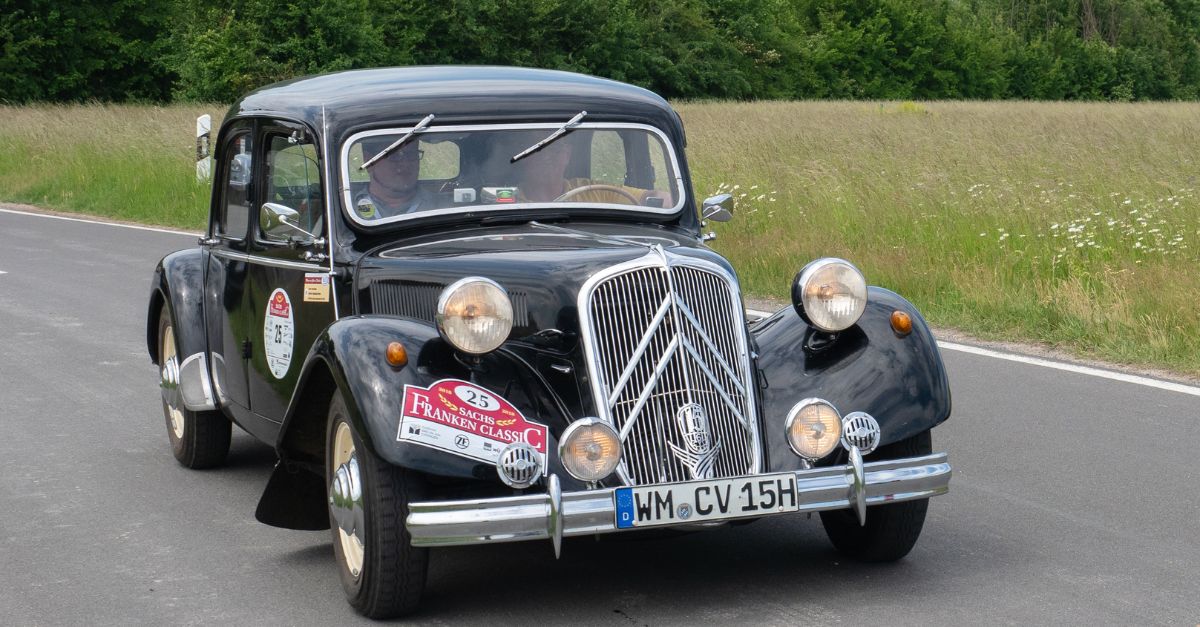Good From The Get-Go
When it comes to reliability and longevity, certain used German cars have earned legendary status. These models are celebrated for their sturdy construction and ability to cover mileage with ease.

BMW 3 Series: F30 Generation (2012–2019)
The F30 generation's engineering prowess is exemplified by its refined ZF eight-speed automatic transmission, which delivers class-leading smoothness and responsiveness. This technical excellence extends throughout the 2012-2019 BMW 3 Series, establishing it as one of the most dependable used German executive cars, despite some reported paint susceptibility to chipping.
BMW 3 Series: E46 Generation (1999–2006)
Now considered a modern classic, particularly in coveted M3 form with its high-revving inline-six engine, the 1999-2006 BMW E46 3 Series earned its legendary status through exceptional engineering. The M54 engine and superior build quality delivered remarkable reliability, and the balanced chassis created a dynamic driving experience.
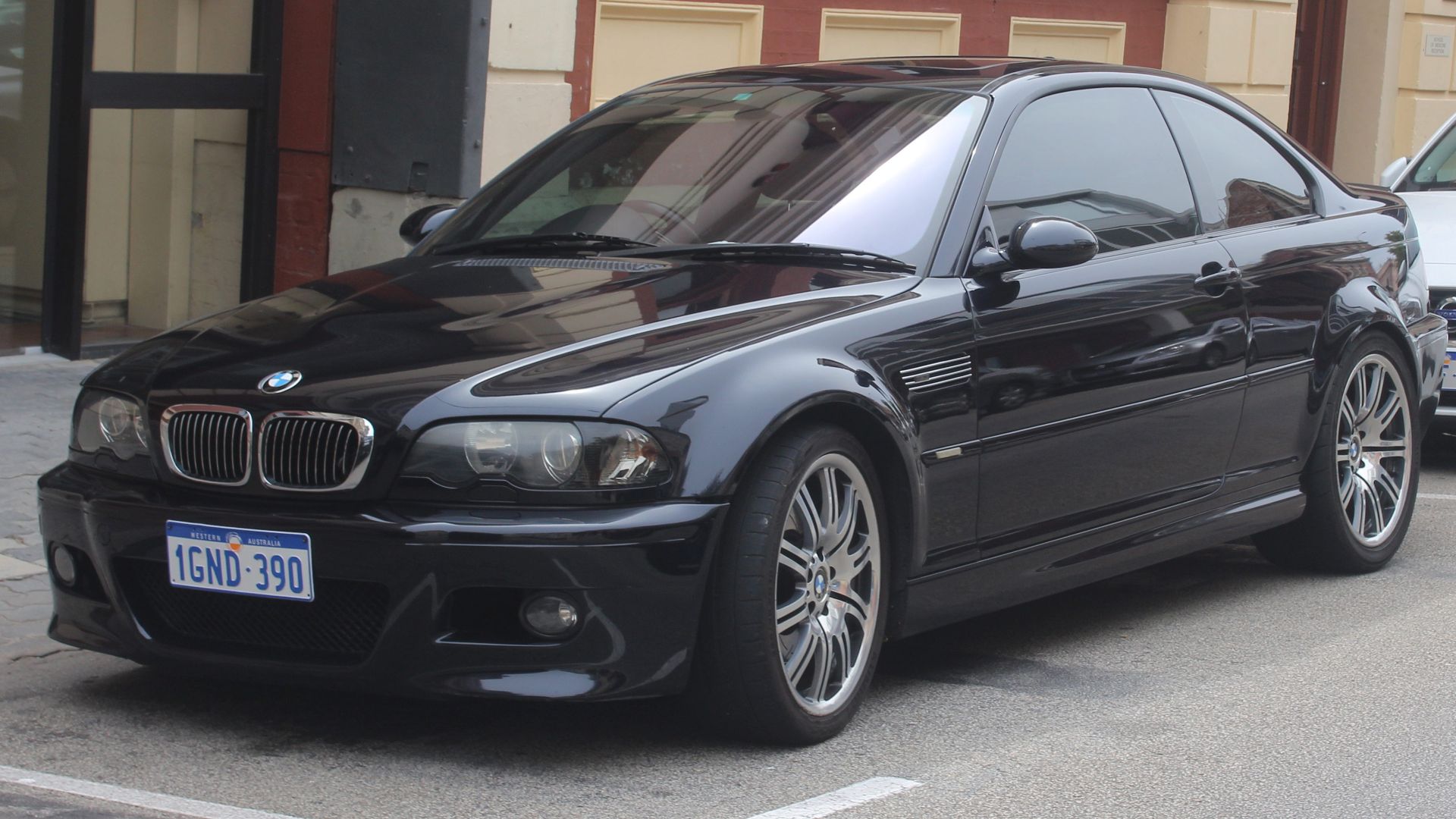 EurovisionNim, Wikimedia Commons
EurovisionNim, Wikimedia Commons
Mercedes-Benz W124 (1984–1997)
When Mercedes-Benz introduced the W124's innovative multi-link rear suspension in 1984, it was a debut that helped shape the model's incredible 13-year run. This engineering breakthrough delivered such stellar handling that Mercedes confidently rolled out wagons, coupes, and convertibles, and the car's legendary durability kept them running for ages.
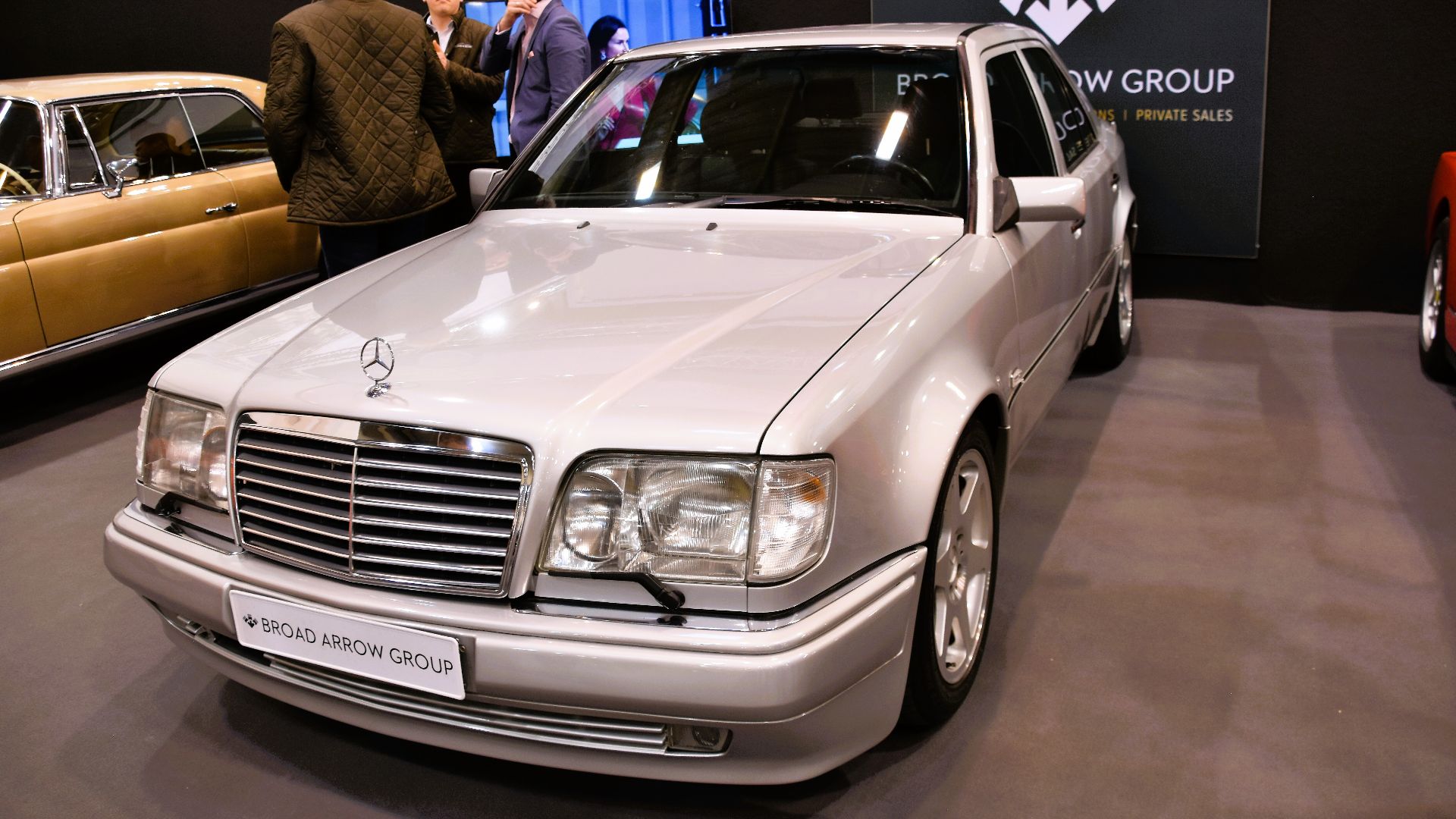 Charles from Port Chester, New York, Wikimedia Commons
Charles from Port Chester, New York, Wikimedia Commons
Volkswagen Beetle (1938–2003)
With more than 21 million units produced, the Volkswagen Beetle is one of the best-selling vehicles in history. This remarkable achievement stemmed from its 65-year production span from 1938 to 2003, anchored by an efficiently simple air-cooled engine design. It was initially commissioned by Hitler and engineered by Ferdinand Porsche.
Volkswagen Golf Mk2 (1983–1992)
Early hot hatches faced the dual challenges of harnessing power and maintaining traction, but Volkswagen's 1983-1992 Golf Mk2 engineered elegant solutions. The GTI 16V delivered enhanced performance capabilities, and the pioneering Golf Syncro introduced all-wheel drive to the lineup. The platform's legendary reliability and solid construction validated these technical advances.
 Kieran White from Manchester, England, Wikimedia Commons
Kieran White from Manchester, England, Wikimedia Commons
Audi A4 (2013)
From its standard front-wheel drive configuration to the sophisticated quattro all-wheel drive option, the 2013 Audi A4 showcases the versatility of German engineering. Its turbocharged four-cylinder powerplant masterfully balances performance with efficiency, while refined driving dynamics and a meticulously crafted interior validate its engineering prowess—despite reliability hovering at segment average.
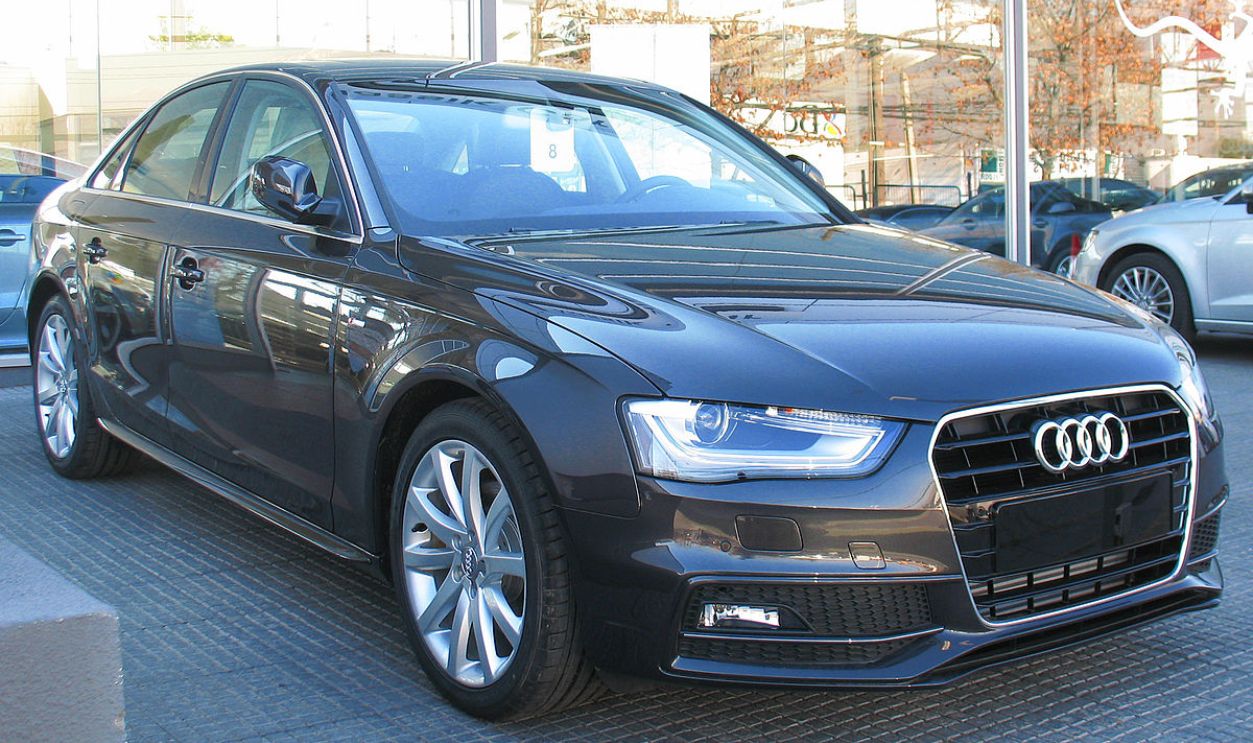 order_242 from Chile,Wikimedia Commons
order_242 from Chile,Wikimedia Commons
Volkswagen Passat: (2015–2022)
As sedan shoppers demanded cars built for long miles, the 2015–2022 Volkswagen Passat delivered with roomy comfort and engineering that simplified upkeep. Turbocharged powertrains and rare diesel versions offered efficiency, though emissions troubles on the EA288 engine slightly overshadowed an otherwise dependable record.
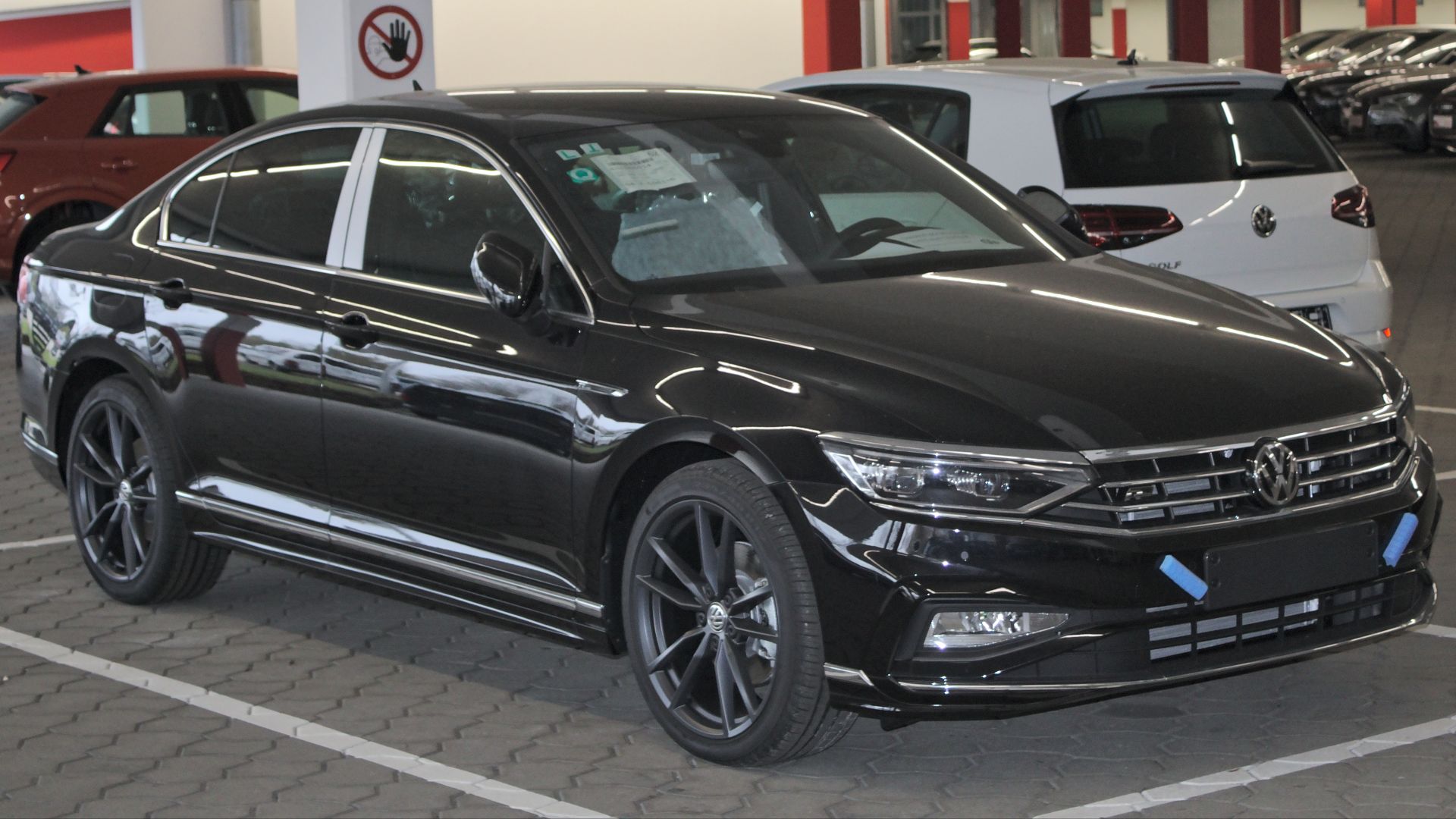 Alexander Migl, Wikimedia Commons
Alexander Migl, Wikimedia Commons
BMW 5 Series: E39 Generation
The E39 BMW 5 Series, produced from 1995 to 2003, is often considered the benchmark for executive sedans. Praised for its build quality and balance, it gained lasting respect through dependable inline-six engines, durable construction, and the high-performance V8-powered M5, which demonstrated its full capability.
BMW X1 (2015–2022)
Think German luxury SUVs are maintenance nightmares? The 2015–2022 BMW X1 shatters that myth. This compact charmer consistently ranks high for reliability while delivering the engaging dynamics and turbocharged performance you'd expect. With practical cargo space, efficient engines, and strong resale values, it has proven itself to be dependable.
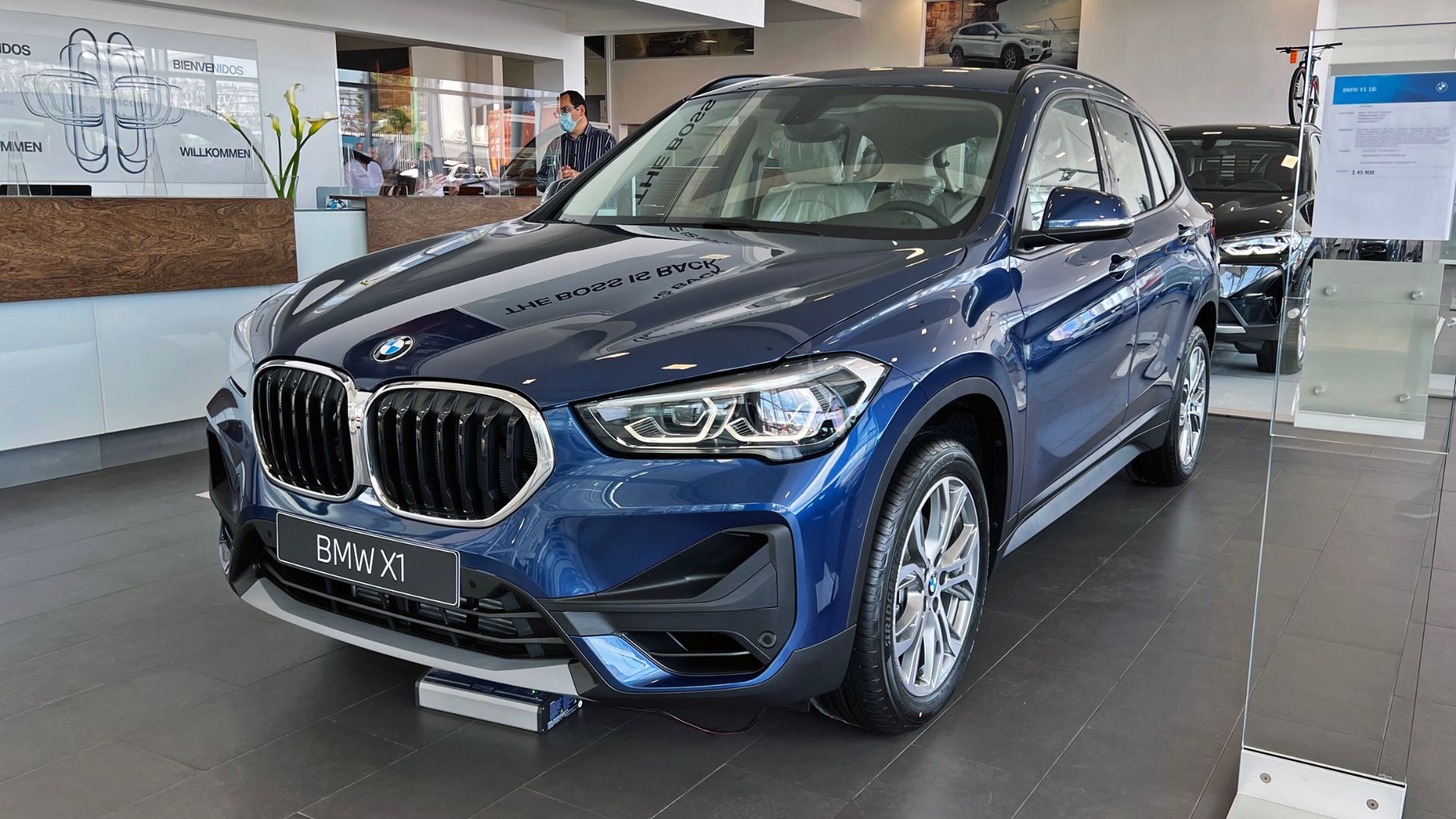 Mariordo (Mario Roberto Durán Ortiz), Wikimedia Commons
Mariordo (Mario Roberto Durán Ortiz), Wikimedia Commons
Mercedes-Benz C-Class
Luxury cars are often labeled as fragile and costly, but the Mercedes-Benz C-Class challenges that notion. Since 1993, it has blended prestige with practicality, offering reliable comfort and long-lasting appeal. While AMG models highlight performance, standard trims strike a dependable balance of durability and refinement.
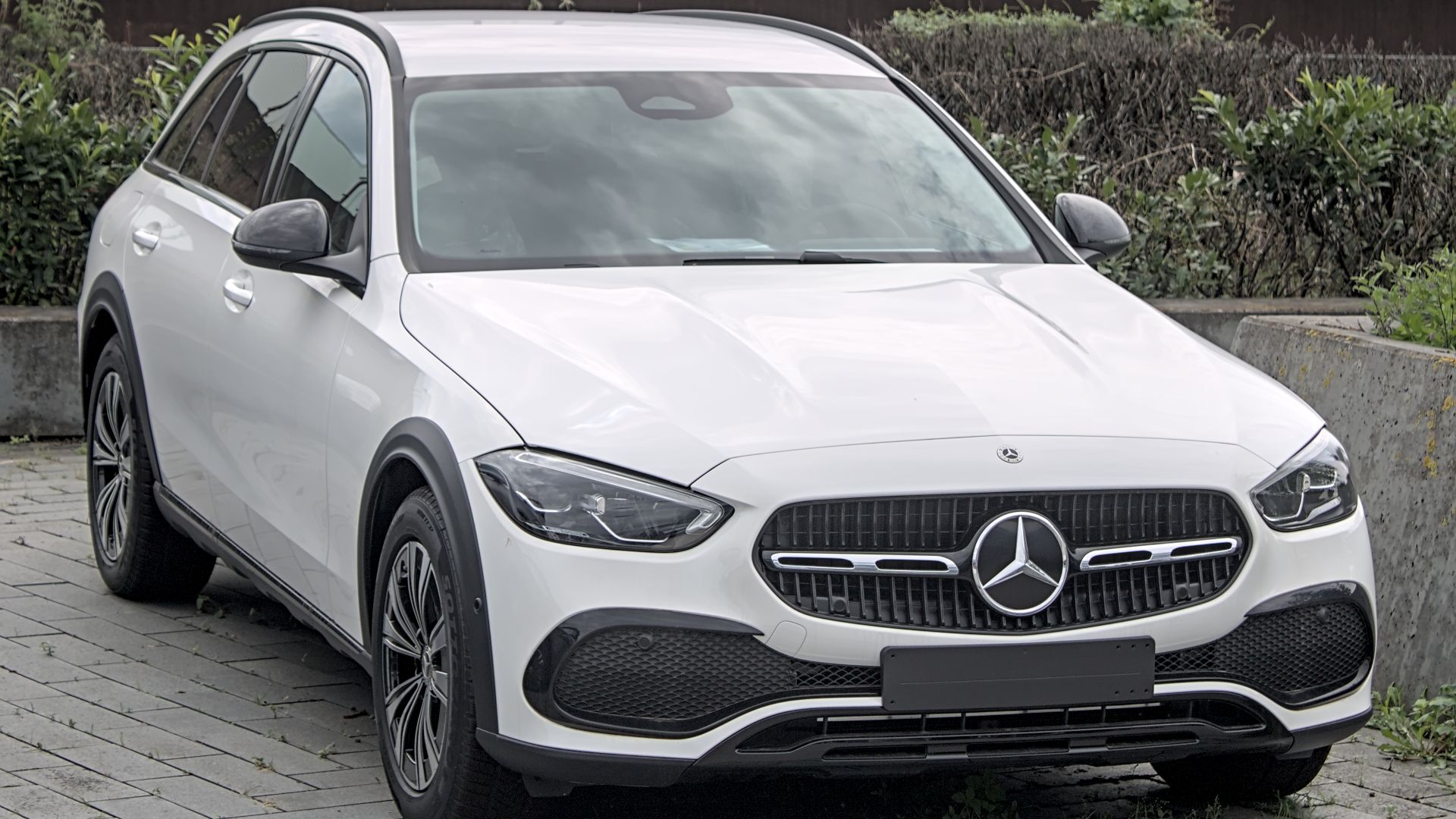 Alexander-93, Wikimedia Commons
Alexander-93, Wikimedia Commons
Audi Q5
Every engineering detail in the Audi Q5 translates to real-world dependability, from its robust construction that conquers high-mileage journeys to its proven powertrains that continue to perform mile after mile. Even its quattro all-wheel drive system transforms advanced technology into practical traction.
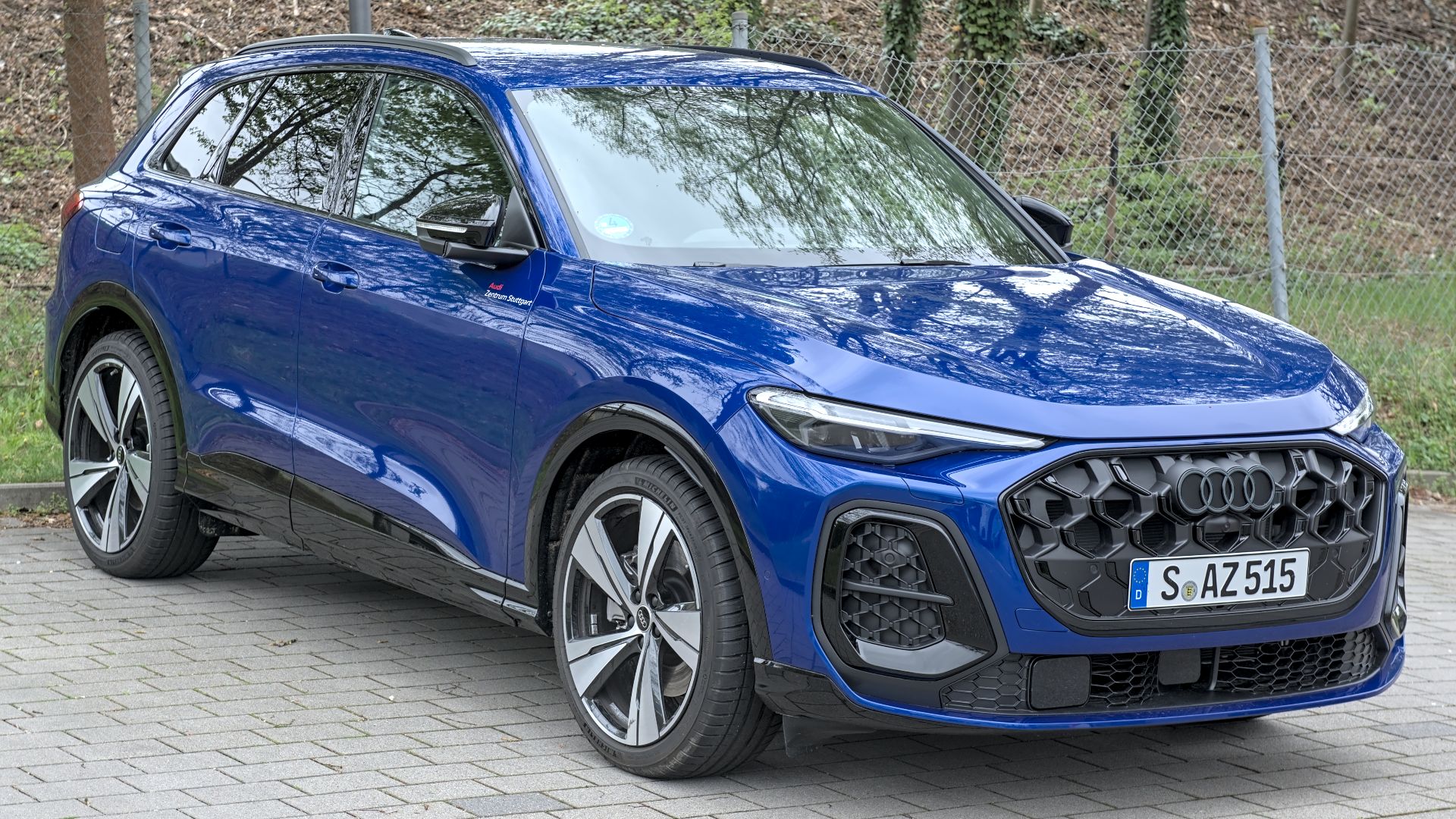 Alexander Migl, Wikimedia Commons
Alexander Migl, Wikimedia Commons
Porsche 911 (997.2 & 991 Generations, 2009–2019)
Traditional sports cars struggled with excess weight, inefficient power delivery, and questionable longevity. Porsche systematically conquered these challenges between 2009 and 2019, as the 997.2 generation introduced direct fuel injection for optimized efficiency, and the 991's aluminum chassis dramatically reduced mass.
Mercedes-Benz E-Class W211 (2003–2009)
Imagine a car that sees danger before you do! That's the W211 E-Class's revolutionary PRE-SAFE system, which transformed Mercedes-Benz safety from 2003 to 2009. This technological guardian angel worked in tandem with exceptional comfort features. Then, the diesel V6 option demonstrated that protection and efficiency could coexist in perfect harmony.
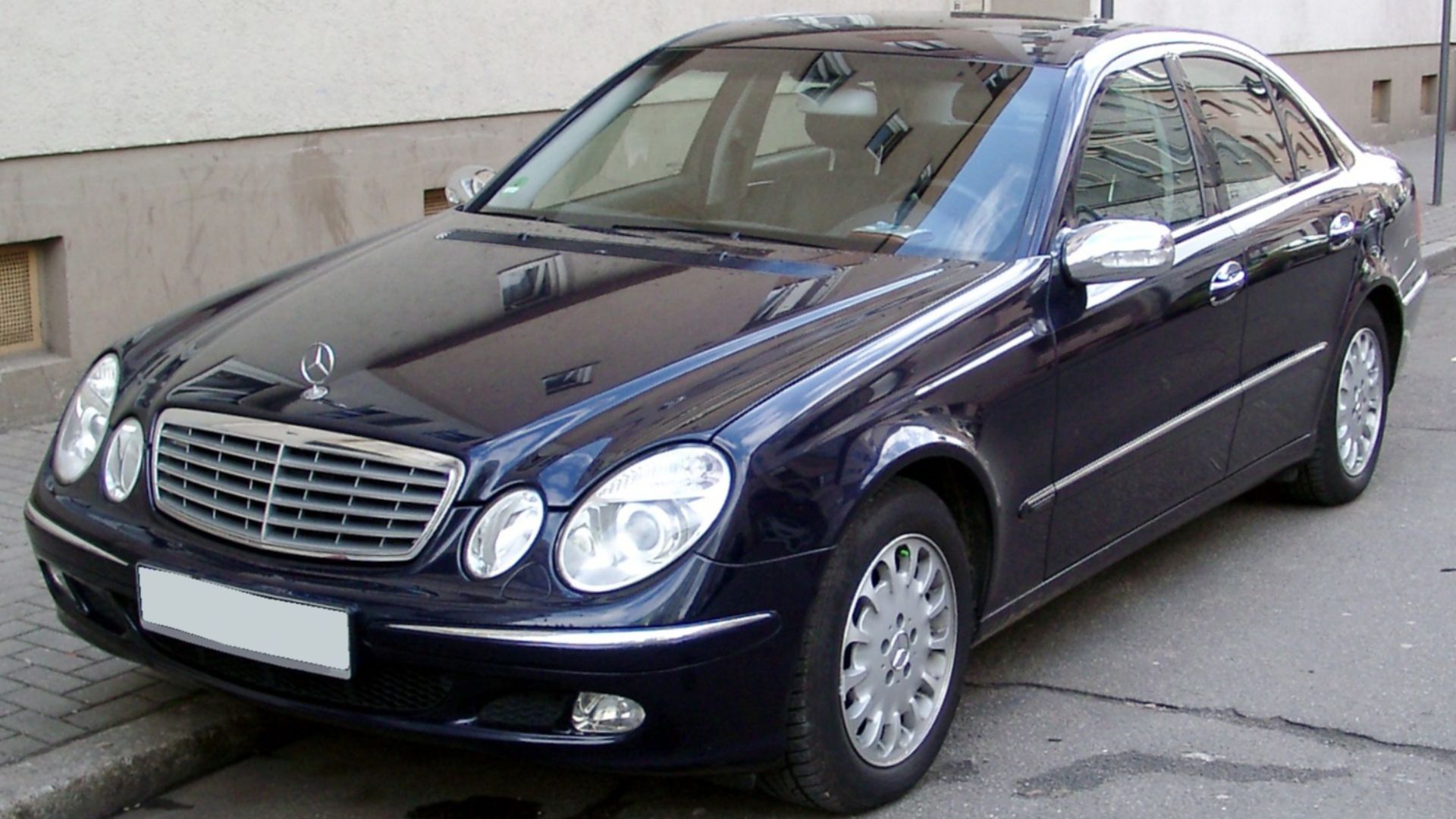 Rudolf Stricker, Wikimedia Commons
Rudolf Stricker, Wikimedia Commons
Audi TT Mk2 (2008–2014)
Starting with Audi's legendary quattro all-wheel drive system, the 2008–2014 TT Mk2 built its performance credentials from the ground up. The clever aluminum-steel hybrid body kept things light and nimble, and the Bauhaus-inspired minimalist design wrapped it all in timeless style.
 2008 Audi TT 2.0T Review, Walkaround, Exhaust, & Test Drive by Redline Reviews
2008 Audi TT 2.0T Review, Walkaround, Exhaust, & Test Drive by Redline Reviews
Volkswagen Golf Mk4 (1999–2006)
Rolling off production lines from 1997 through 2004, with some markets continuing until 2006, the Golf Mk4 earned recognition as Volkswagen’s dependability star. Its sturdy build inspired confidence, and the groundbreaking R32 variant, featuring a 3.2-liter VR6 engine and all-wheel drive, showcased thrilling capability.
BMW 7 Series E38 (1995–2001)
Back in 1994, when luxury cars leaned more on flash than function, the BMW 7 Series E38 stood apart. Its advanced tech, plush interior, and durable engineering still impress today, and its Bond-film cameo cemented this sedan as a forward-thinking symbol of true premium motoring.
Porsche Cayenne 955/957 (2003–2010)
Beneath its refined exterior, Porsche's first SUV packed serious off-road muscle when it debuted in 2003. The 955/957 Cayenne's engineering prowess evolved far beyond rough terrain mastery, with increasingly potent powerplants culminating in the Turbo S, a mechanical marvel that could sprint to 60 mph in under 5 seconds.
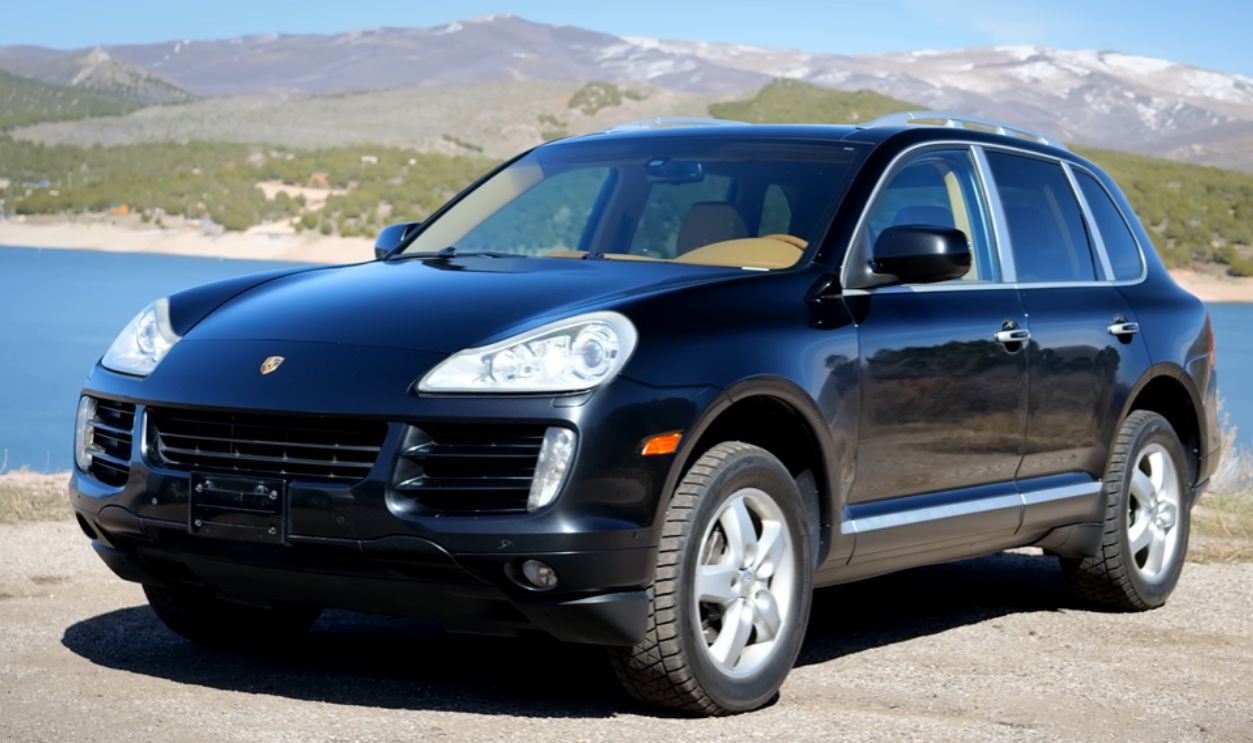 Porsche Cayenne Cost to Own - Long Term #7 | Everyday Driver by EverydayDriver
Porsche Cayenne Cost to Own - Long Term #7 | Everyday Driver by EverydayDriver
Mercedes-Benz GL-Class X164 (2007–2012)
Before 2007, luxury SUV buyers seeking three-row versatility had limited options until Mercedes-Benz introduced the GL-Class X164. This full-size luxury solution pampered growing families with spacious seating by offering practical perks like an available diesel engine and adaptable air suspension that could adjust ground clearance for any adventure.
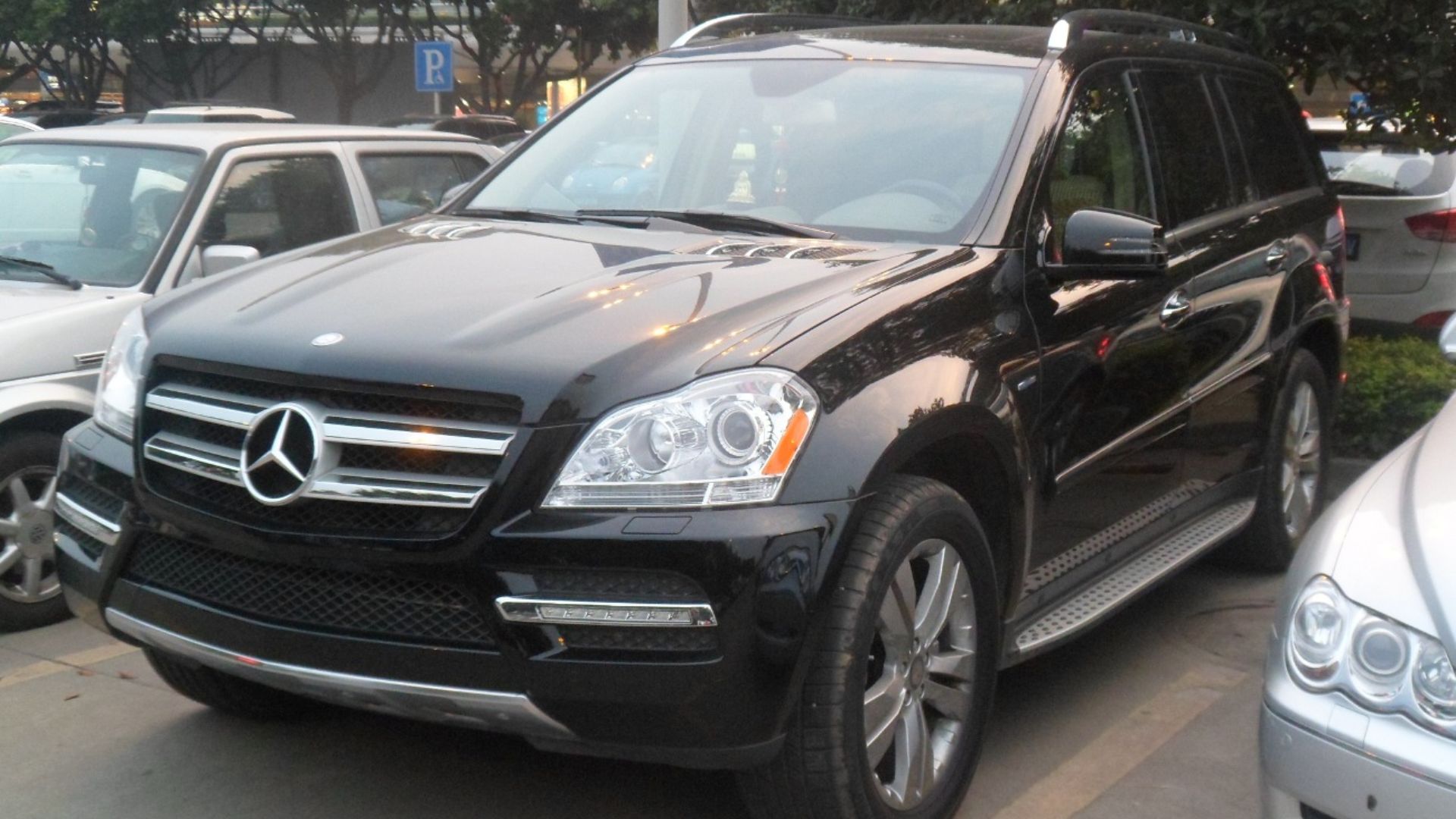 Navigator84, Wikimedia Commons
Navigator84, Wikimedia Commons
BMW 1 Series E82/E88 (2008–2013)
BMW's engineering journey with the 2008-2013 1 Series platform showcased progressive technical refinement, starting with the foundational E82 coupe design. The E88 convertible boosted the experience through its sophisticated 22-second electric soft-top mechanism, and the engineering evolution ultimately culminated in the collector-cherished 1 Series M Coupe variant.
Mercedes-Benz SL-Class R230 (2003–2012)
Talk about a split personality: the 2003-2012 Mercedes SL-Class R230 seamlessly transformed from elegant hardtop coupe to breezy convertible at the touch of a button. While its optional Active Body Control suspension delivered country club refinement, the SL65 AMG variant packed a wild side with its 600-plus horsepower twin-turbo V12 engine.
Audi Allroad 8K (2010–2016)
Need a wagon that can handle serious miles without breaking a sweat? The Audi Allroad 8K (2010-2016) delivers proven reliability in a versatile package, building on the practical A4 Avant platform. But this is no ordinary hauler—it's enhanced with sophisticated Quattro all-wheel drive, increased ground clearance, and protective body cladding.
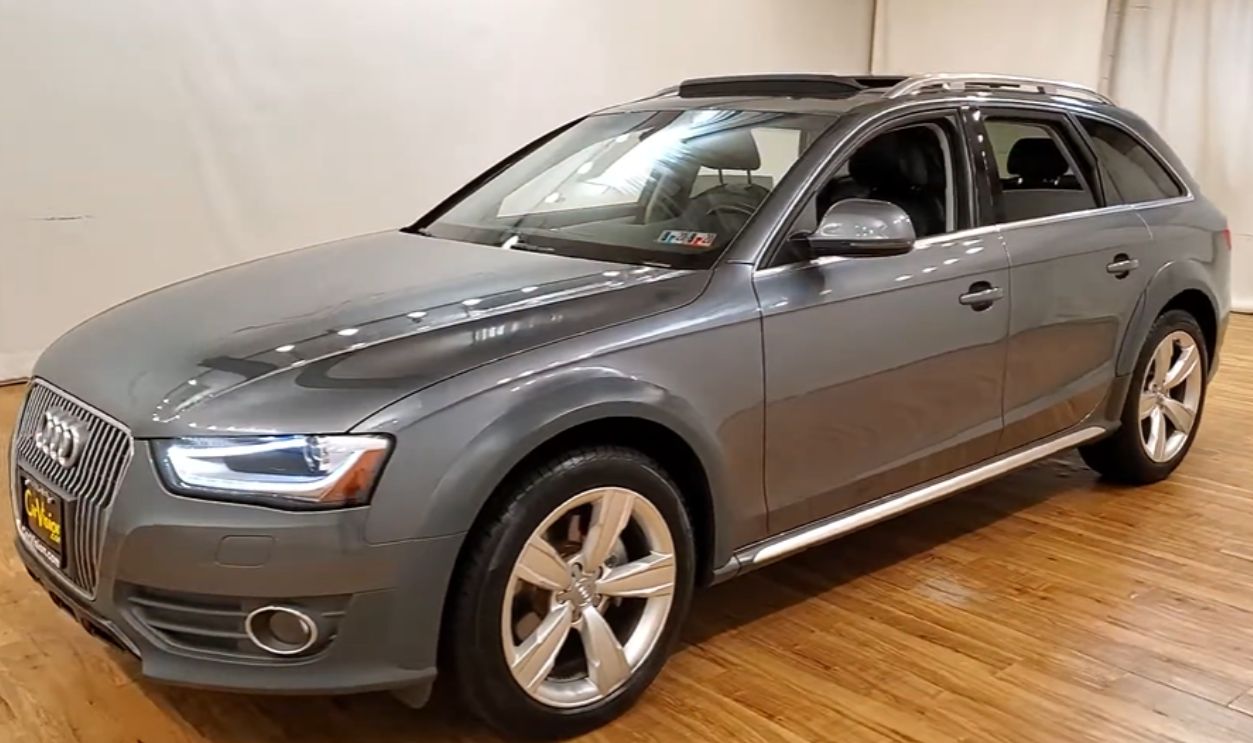 2016 Audi allroad 2.0T Premium Plus quattro NAVIGATION MOONROOF REAR CAMERA #Carvision by Carvision
2016 Audi allroad 2.0T Premium Plus quattro NAVIGATION MOONROOF REAR CAMERA #Carvision by Carvision
Volkswagen Touareg (2004–2010)
The 2004–2010 Volkswagen Touareg might look like just another German SUV, but it hides a remarkable pedigree. Sharing a platform with the Porsche Cayenne and Audi Q7, it offered strong build quality and standout engines, including a V10 TDI once ranked among the world’s most powerful diesels.
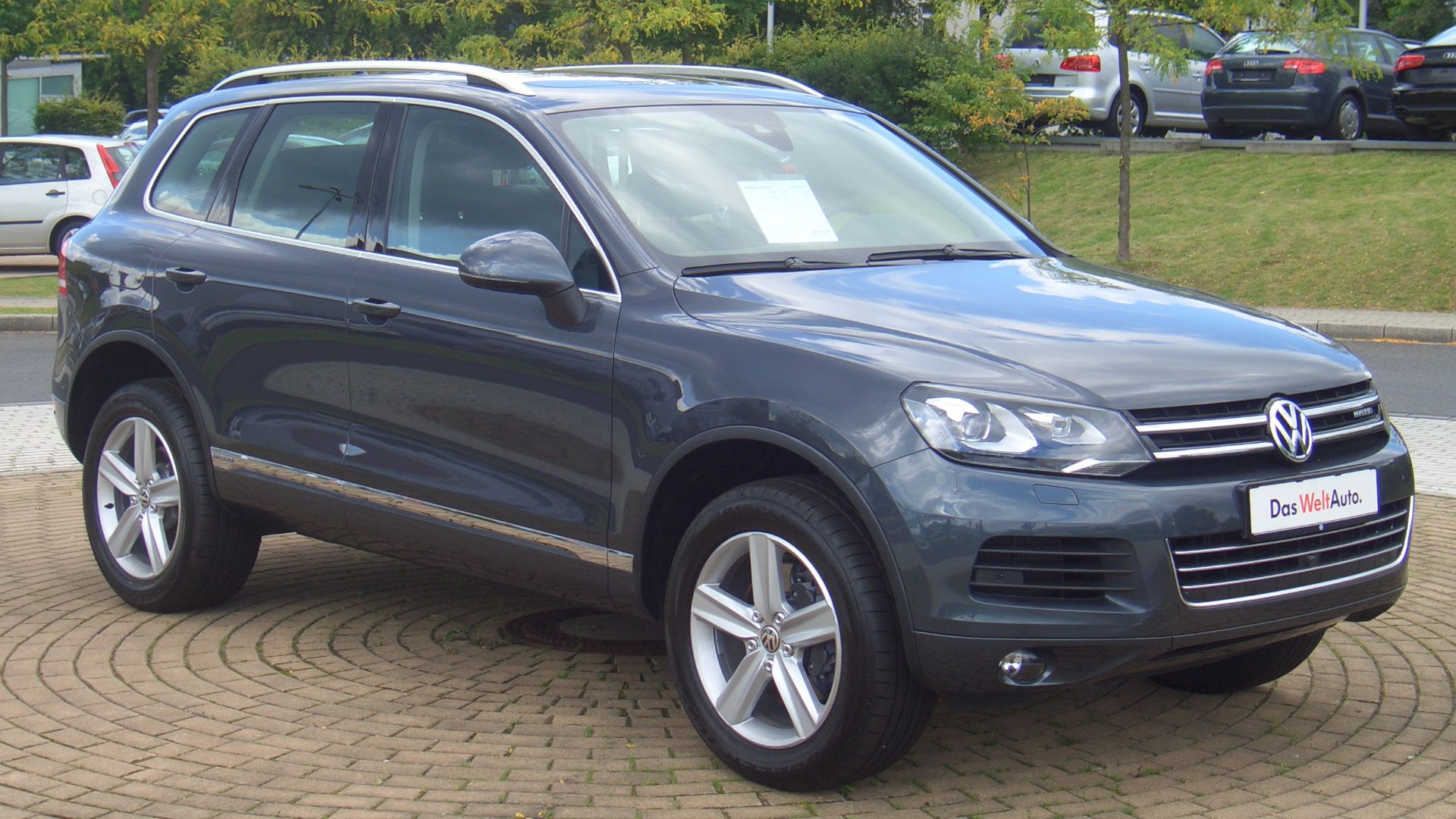 Detectandpreserve, Wikimedia Commons
Detectandpreserve, Wikimedia Commons
BMW X3 F25 (2011–2017)
As BMW expanded its global footprint in 2011, the F25 X3 marked a historic shift by becoming the first X3 crafted at the Spartanburg, South Carolina plant. This American–built German SUV delivered turbocharged performance and standard xDrive all-wheel drive, and clever folding rear seats made it a practical choice.
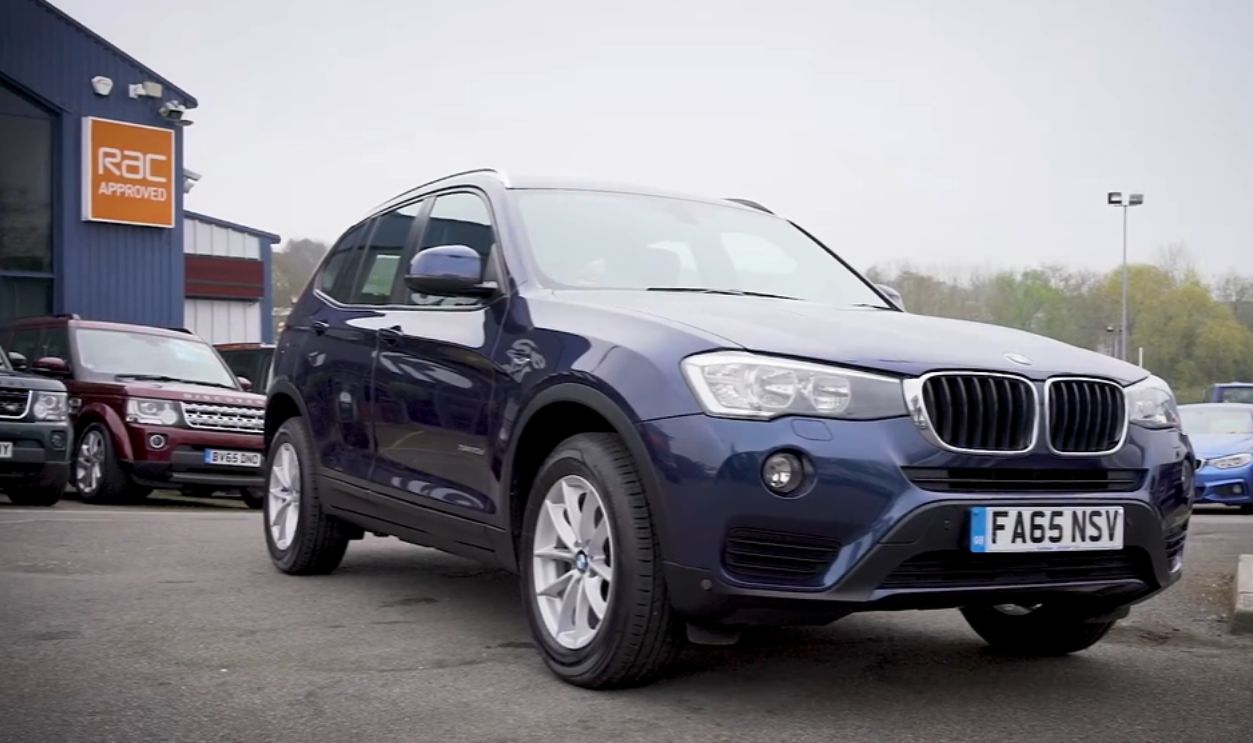 Used car review: Should I buy an F25 BMW X3? by CarGurus UK
Used car review: Should I buy an F25 BMW X3? by CarGurus UK
Mercedes-Benz ML-Class W166 (2012–2015)
The 2012–2015 Mercedes ML63 AMG, powered by a twin-turbo V8, seemed built only for speed, yet it delivered surprising refinement. Beyond its muscle, it earned a reputation for reliability due to its blend of advanced safety, solid craftsmanship, and everyday comfort, paving the way for its transition into the GLE-Class lineup.
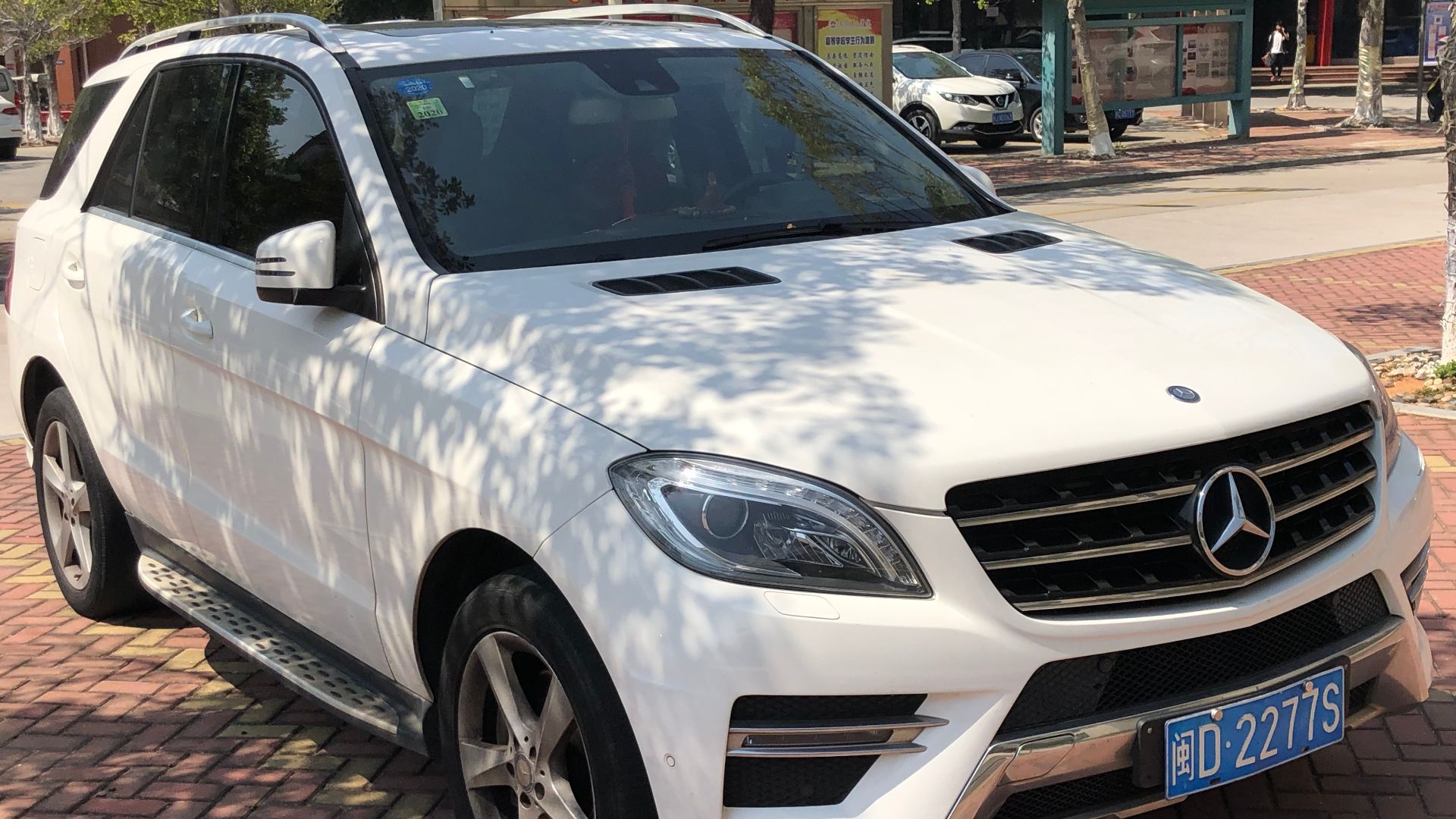 JamesYoung8167, Wikimedia Commons
JamesYoung8167, Wikimedia Commons
Audi A3 8V (2015–2020)
From sleek sedan to practical hatchback to breezy convertible, the A3 8V dances effortlessly between roles in Audi's 2015-2020 lineup. Its turbocharged engines and quattro all-wheel drive adapt to any driving scenario. The innovative e-tron variant adds eco-versatility with its plug-in hybrid capabilities and pure electric mode.
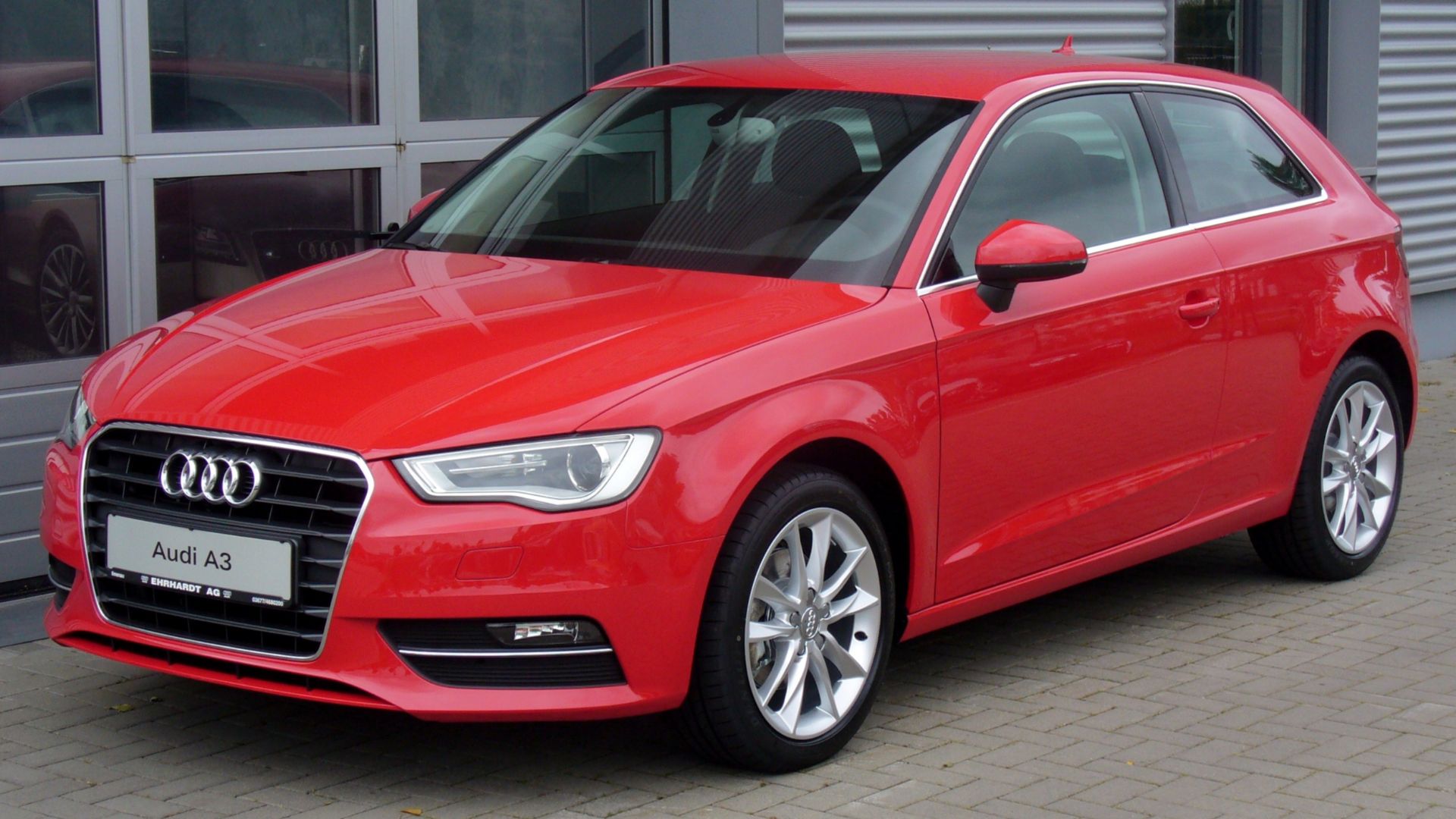 Thomas doerfer, Wikimedia Commons
Thomas doerfer, Wikimedia Commons


